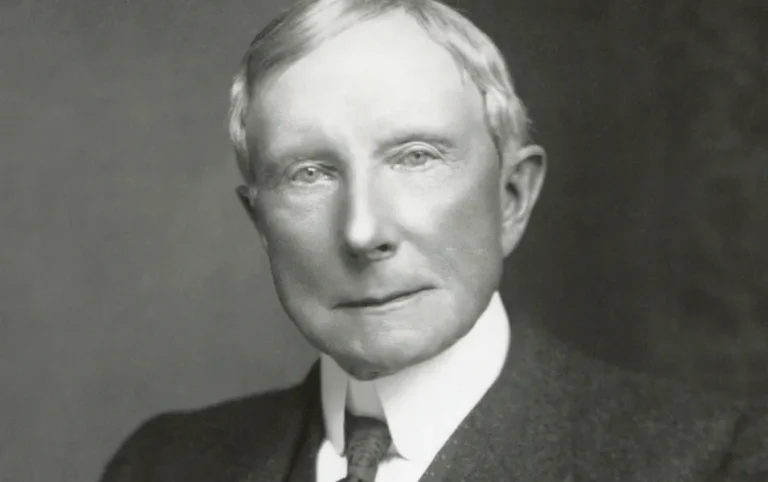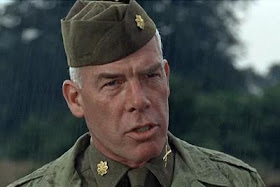When You Can’t Let Him Go: Navigating the Complexities of Unrequited Love
Unrequited love is one of the most challenging emotional experiences, especially when you find yourself unable to move on from someone who doesn’t feel the same way. This situation can be emotionally taxing and confusing, leaving you questioning your decisions and feelings. In this blog, we’ll explore why it can be so hard to let go, offer practical advice on how to navigate these emotions, and provide strategies for finding healing and moving forward.
1. Understanding the Emotional Attachment
The emotional attachment to someone who doesn’t reciprocate your feelings can be intense and multifaceted. Often, our attachment to a person is not solely based on their attributes but also on the dreams, hopes, and fantasies we create around them. Recognizing that this attachment might be more about the idea of the person rather than their reality can be the first step in understanding why it’s so hard to let go.

2. The Role of Idealization
When we hold onto someone who doesn’t reciprocate our feelings, we might be idealizing them—seeing them as perfect or uniquely suited for us. This idealization can make it difficult to accept their flaws or the reality of the situation. Understanding that idealization distorts reality can help in beginning the process of letting go.
3. The Impact of Nostalgia
Nostalgia can also play a significant role in our struggle to let go. Memories of positive moments can overshadow the reality of the unreciprocated feelings, making it hard to move forward. Acknowledging that nostalgia can cloud judgment and hinder emotional progress is crucial for healing.
4. Setting Healthy Boundaries
One effective strategy for moving on is setting boundaries. This might mean limiting contact with the person, avoiding situations where you might encounter them, or even unfollowing them on social media. Setting boundaries helps create the necessary space to heal and gain perspective on the relationship.
5. Focusing on Self-Care
During this time, self-care becomes especially important. Engage in activities that you enjoy and that promote your well-being. Exercise, hobbies, and spending time with supportive friends and family can help shift your focus away from the person you’re trying to forget and towards your own needs and growth.
6. Seeking Support
Talking to a therapist or counselor can provide valuable support and guidance. Professional help can offer new perspectives, coping strategies, and a safe space to express your feelings. Support from friends and family can also play a crucial role in your healing process.

7. Exploring New Interests
One way to begin moving on is by exploring new interests and activities. Engaging in new hobbies or pursuits can help shift your focus away from the person and towards personal growth and fulfillment. This not only helps distract you but can also lead to new and rewarding experiences.
8. Reflecting on Personal Growth
Use this time as an opportunity for self-reflection and growth. Reflect on what you’ve learned from the experience and how it can contribute to your personal development. Understanding your own needs and desires more clearly can be a valuable part of the healing journey.
9. Accepting the Reality
Acceptance is a crucial step in moving on from unrequited love. It involves recognizing and accepting the reality of the situation, no matter how painful it may be. Acceptance helps to release the hold that the person has over your emotions and paves the way for healing and moving forward.
10. Embracing the Future
Finally, embrace the possibility of new beginnings. While it’s natural to feel heartbroken, it’s important to keep an open mind about future relationships and opportunities. The process of letting go can ultimately lead to new experiences and personal growth.
Conclusion
Unrequited love can be an emotionally challenging experience, but understanding the complexities involved and implementing practical strategies can aid in the healing process. By setting boundaries, focusing on self-care, seeking support, and embracing personal growth, you can navigate the pain of unrequited love and move forward towards a more fulfilling future.
Remember, healing takes time, and it’s important to be patient and compassionate with yourself as you work through these emotions. Each step you take towards acceptance and self-care brings you closer to finding peace and new opportunities for happiness.






